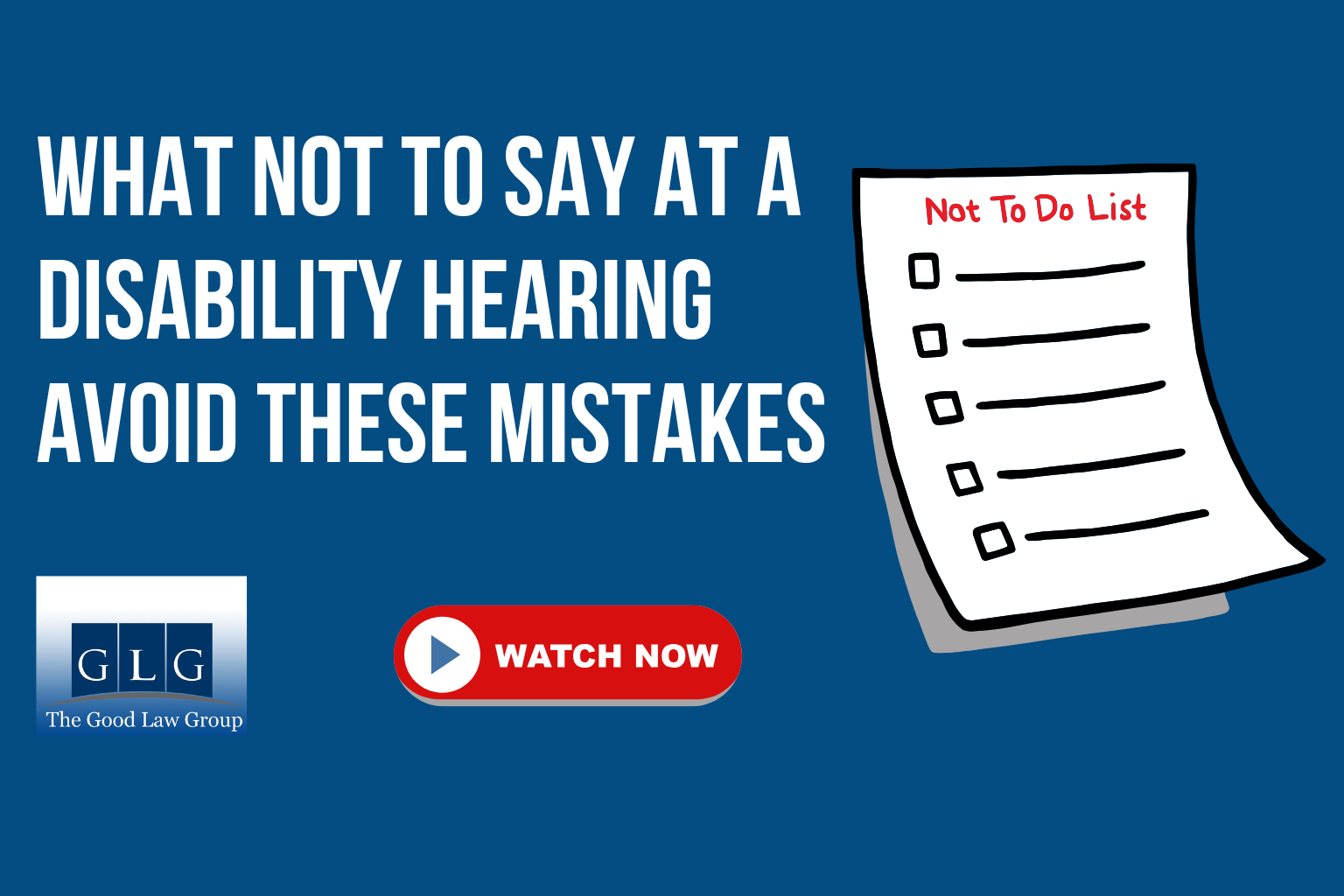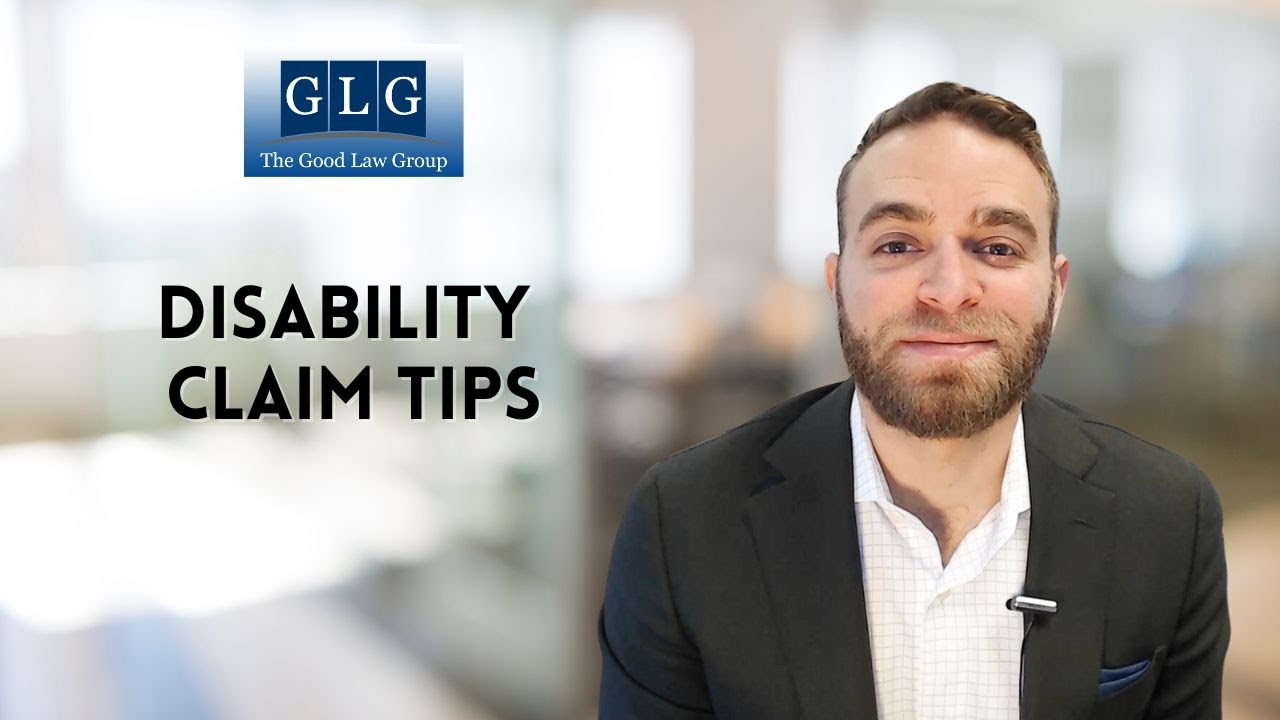In 2015 the Social Security Administration (SSA) revised its rules regarding the submission of evidence in disability claims cases. Known as the “all-evidence ruling”, the changes sought to clarify what information applicants for Social Security Disability (SSD) are required to provide.
The ruling doesn’t change the payment of SSD benefits, nor does it significantly alter the process in which claims are reviewed. Instead, it changed the type of medical records applicants (or their representatives) must turn over to the SSA, and the manner in which the information must be submitted.
So what were the changes, and how does the all-evidence ruling affect SSD benefits?
SSA rules regarding evidence submission
The prior rule required applicants to turn over any information that was “material” to his or her disability claim. Amidst concerns of applicants not turning over all information in their medical records, either purposely or due to a lack of understanding of what information was considered “material”, the SSA eliminated the “material” element of evidence submission.
Under the new rule, applicants or their representative (attorney or non-attorney) have an ongoing duty to inform or submit to the SSA all evidence – favorable or unfavorable – “that relates to whether or not you are blind or disabled.” Evidence is considered to “relate” to the applicant’s claim if it “shows or establishes a logical or causal connection between two things.”
Claimants must exercise reasonable, good faith judgment about whether evidence relates to their claim. For example, if your disability claim is based on a back injury, you most likely would not have to submit evidence that you had the flu last winter, because it’s not reasonable to assume that medical records regarding your treatment for the flu have any bearing on your back injury. But you would have to submit records from a psychologist or psychiatrist you began seeing following your back injury, because those treatment notes could contain information regarding your injury, such as the impact it has on your daily life and/or your ability to work, or may support an additional finding of disability for mental illness.
Examples of evidence that must be reported include, but are not limited to, the following:
- Objective medical evidence, such as signs and symptoms of the disability and laboratory findings;
- Other evidence from medical sources, such as medical history, opinions, and statements about treatment the applicant has received;
- Statements the applicant or anybody else has made about the impairment, restrictions, daily activities, or efforts to work;
- Information from other sources, such as nurses, physician-assistants, or therapists, and;
- Decisions by governmental or nongovernmental agency about the applicant’s disability, such as a worker’s compensation claim.
There is no need for an applicant, his physician, or any other source to put into writing oral communications. For example, you do not need to take notes at each doctor’s visit and submit them to the SSA. You also do not need to provide the name and contact information of every person who has knowledge of your disability, unless you choose to do so (and there may be instances where this information is valuable to do so).
Exceptions to the all-evidence ruling
There are two exceptions to the all-evidence rule. Claimants are not required to submit evidence of oral or written communications between themselves and their representative if those statements would be subject to the attorney-client privilege.
Claimants are also not required to provide their representatives written analyses of their disability claim, if the information included in the analyses would be considered work-product, and therefore subject to the work-product privilege. This means you would not have to turn over a letter written by your SSD attorney advising you on the likelihood of your application’s approval, because your attorney’s opinion does not relate to your SSD claim.
However, a letter summarizing his findings following a review of your medical records would likely be considered evidence, since the information in your medical history is directly related to your disability claim.
Are you applying for SSD benefits or have you been denied SSD benefits? Consider the Law Office of Neil H. Good for your representation. Call #(847) 577-4476 or complete the online evaluation form.








